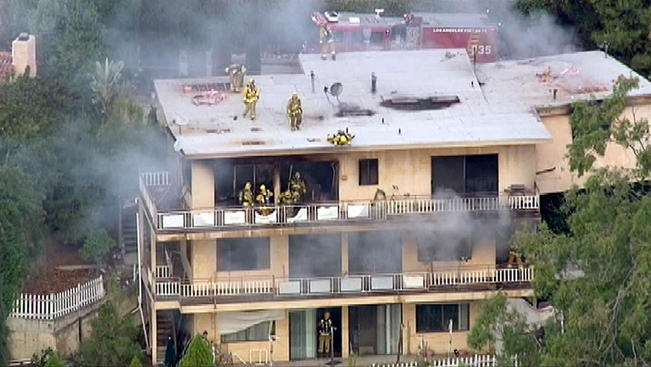In some urban areas, devastating fire could cause hundreds or even thousands of people to lose their homes. People could only be able to watch helplessly as fire fighters battling the raging flame. The problem could get worse if we are not properly protected against this kind of damage. If we are in a high risk area where fire could spread easily between houses, we should make sure that we are able to be fully protected. When the disaster finally strikes, we should make sure that we are able to easily settle the insurance claims. Without proper solutions to the overall costs after the fire could really be quite devastating. It means that we shouldn’t be underinsured against potential losses. We should be able to obtain enough money to rebuild our house.
It should be quite easy to know whether we are underinsured. Before the disaster strikes, we should ask licensed contractors to make an estimation of how much money is needed to rebuild our house to its original state after being demolished by fire. The estimation may need to be updated every 2-3 years. This should allow us to know whether we are being under-insured. We could notify the insurance company about the finding and ask them to provide us with more reasonable compensation if damage ever happens to our house. This should allow the insurance company to determine the appropriate level of insurance. In this case, we should be able to increase limits and find out whether we can finally be fully protected.

It is probably important for us to purchase the RC or Replacement Cost policy. It should be able to cover the amount needed to rebuild our property up to the limit of the policy. In many cases, the insurance company would pay only the ACV or Actual Cash Value. The insurance company calculates the ACV and it can be determined by the amount mentioned in the RC, subtracted by depreciation. The ACV should be based on the FMV or Fair Market Value. It is an important factor when we value the personal property. Insurers could consider the item to help them accurately determine the rate and value of depreciation. This methodology should also work well on items with values that increase over time. One of the good things to do is by ensuring that the life expectancy of the property is based on the depreciation. So, when fire finally strikes, it would be much easier to determine the value of the house.
When determining the actual level of the insurance coverage of our property, we should make sure that the appraiser accurately knows about the value of the property. We may have special interests and hobbies that require equipments. Additional supplies and equipments could be damaged or destroyed in fire, so we should include them in the insurance policy. Antiques and expensive collectables are also difficult to replace. If we want adequate coverage, we should add endorsements and riders to our policy. Additional structures can also be affected by fire, they include decks, wooden fences, sheds and outbuildings. If we want these non-attached structures covered, we need to include them in the insurance policy.






















Leave a Reply